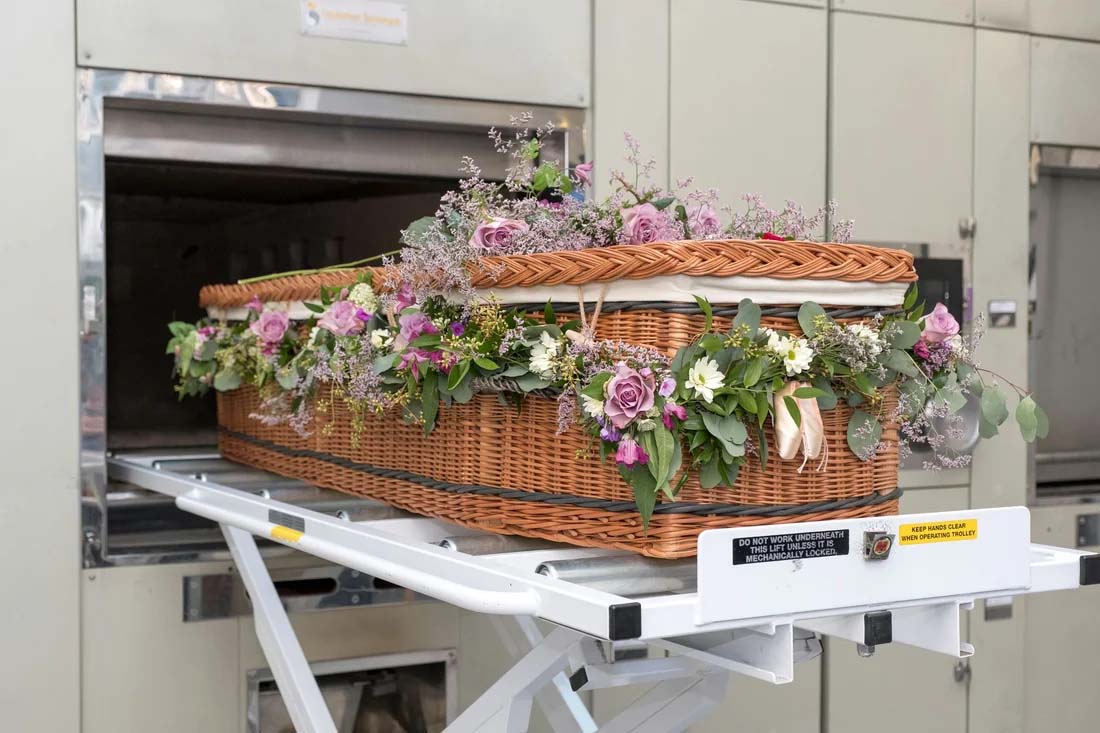The matter of what happens after death has been a topic of fierce debate in recent years, with Paphos the scene of intensive efforts to construct the island’s first crematorium. Now Larnaca is entering the fray.
Traditionally, cremation has been anathema for most on the island, with swift burials, typically within a day of one’s expiration, the historical norm.
However, as the island’s population diversifies and as its foreign-born population ages, cremation is seen by an increasing number of people as a preferred option.
After a decades-long fight, the crematorium in Paphos is currently due to be completed next year, but cremation advocates say that a single crematorium in the island’s far west may not cover the island’s needs, and as such have commenced a campaign for a second crematorium to be built by the end of the decade.
Those in favour of the idea have joined forces to form the “Cyprus cremation society” and are seeking a second crematorium be built in a more central location, namely Larnaca.
Society president Antonis Alexopoulos promised that “we will do everything we can to fulfil the wishes of those who desire cremation”.
He urged those in favour of the idea to join the society and “add your voice to the call for the island to build a crematorium readily accessible and affordable for all”.
“We are campaigning for a crematorium to be built in the Larnaca district,” said founding society member and advisor Ian Hussein, who says he has worked in the industry for 37 years.
He pointed out that around three quarters of Cyprus’ population live within a 35-minute drive of the Larnaca district.
“It is the best location on the island. We have, of course, had discussions with the people who are bringing about the new crematorium in Paphos, the island’s first. Paphos does need a crematorium, but this one crematorium in Paphos cannot be expected to provide the service for the whole island,” he said.
He said there is “already sufficient demand” in Cyprus to support two crematoriums, and added that as the island’s population ages, that demand will only increase.
He acknowledged the Church of Cyprus’ entrenched opposition to the idea of cremation, but stressed that individuals must be allowed the freedom to decide what happens to their bodies after they die.
“We respect the beliefs of the church, of course, and we do not want to cause offence. However, the freedom to choose has to be there. Our target market is those who normally would be cremated, for example British nationals or people from elsewhere in Europe where cremation is customary,” he said.
On this point, he said that around 20 per cent of people residing in the Republic of Cyprus are now not Orthodox Christians, and that as they grow old in Cyprus, they may want to be cremated upon their deaths.
“There is a large British contingent here, and they and others create sufficient demand as it is for two crematoria to be operational on the island. The population is also ageing, and with that, the number of deaths will go up,” he said.
“The second crematorium will have sufficient demand to operate as a business.”
One important obstacle to the opening of any new crematorium in Cyprus is the tight legislative framework in which they must operate, and the tight regulations which must be followed surrounding their construction.
Hussein described the regulations as “onerous”, but said that during a number of meetings, the relevant legislation has been studied.
“We welcome that, it sets high standards. The high standards are a good thing. These are the standards we should aim for, and the standards we think all crematoria should aim for,” he said.
In addition to campaigning for a new crematorium to be built, he said the society is also offering free advice to people regarding access to cremation and similar matters.
The society’s official launch will take place at 6pm on April 30 at 1, Crete Street, Larnaca, 6030. Email [email protected]






Click here to change your cookie preferences